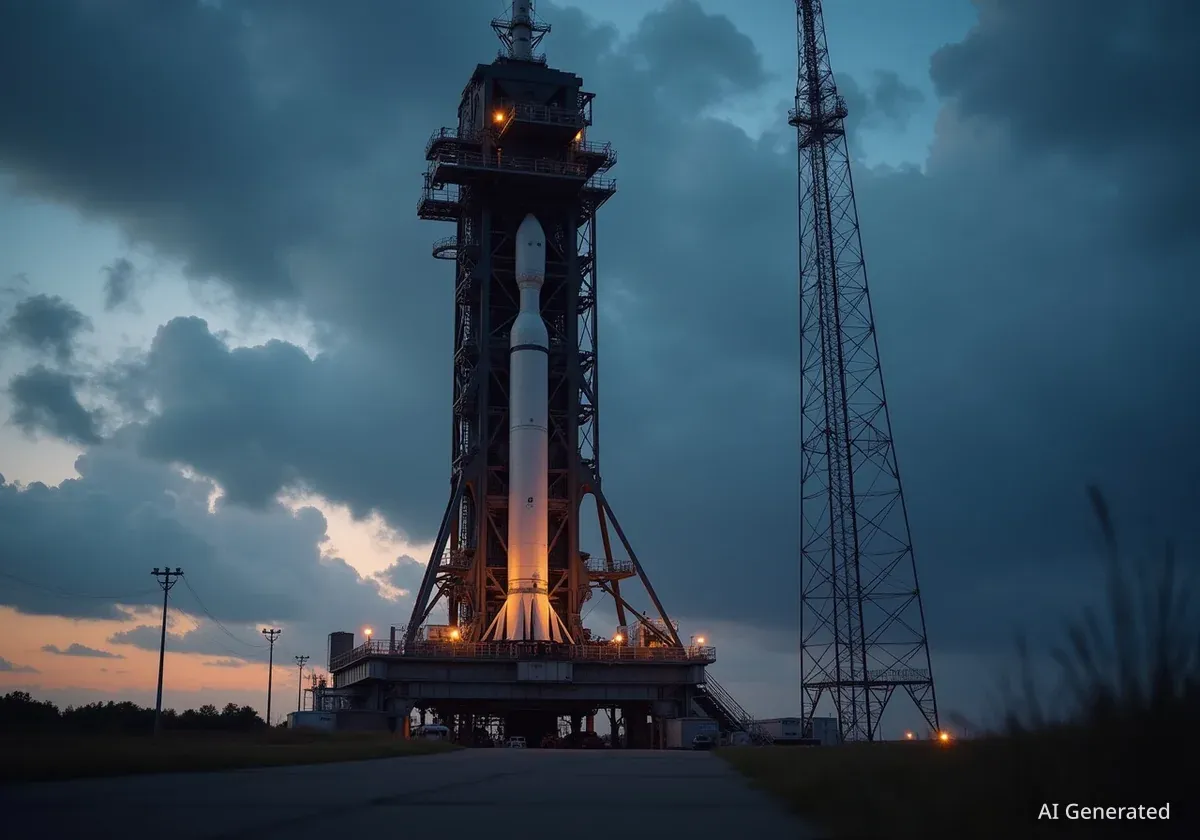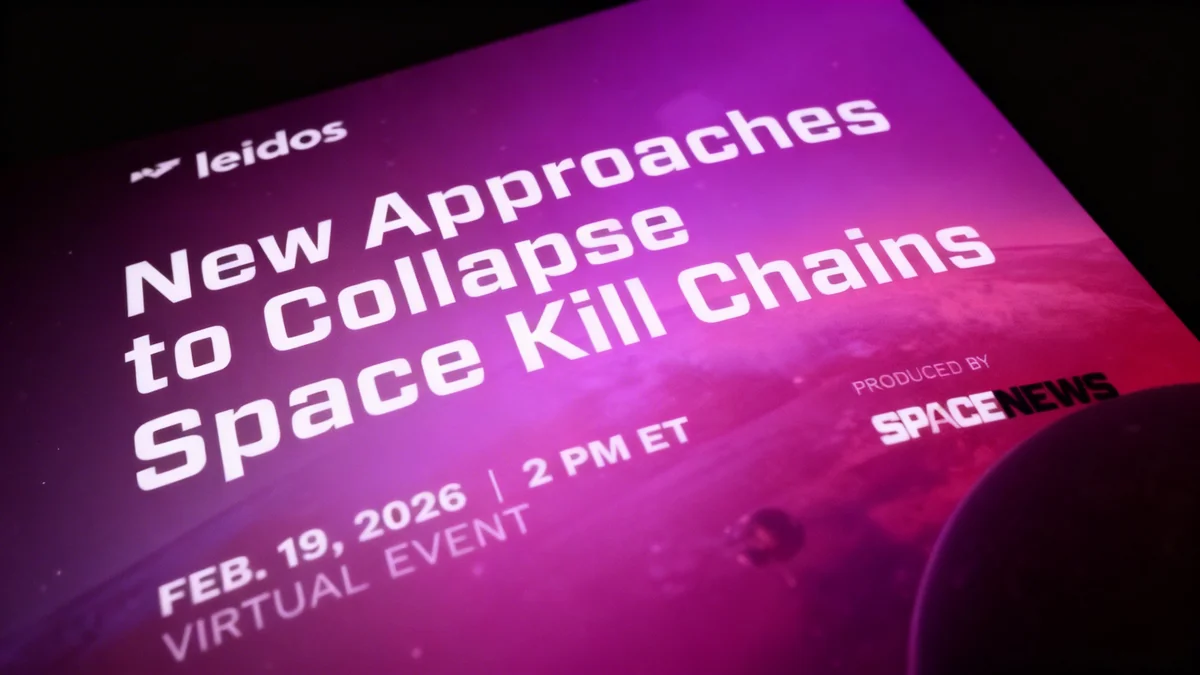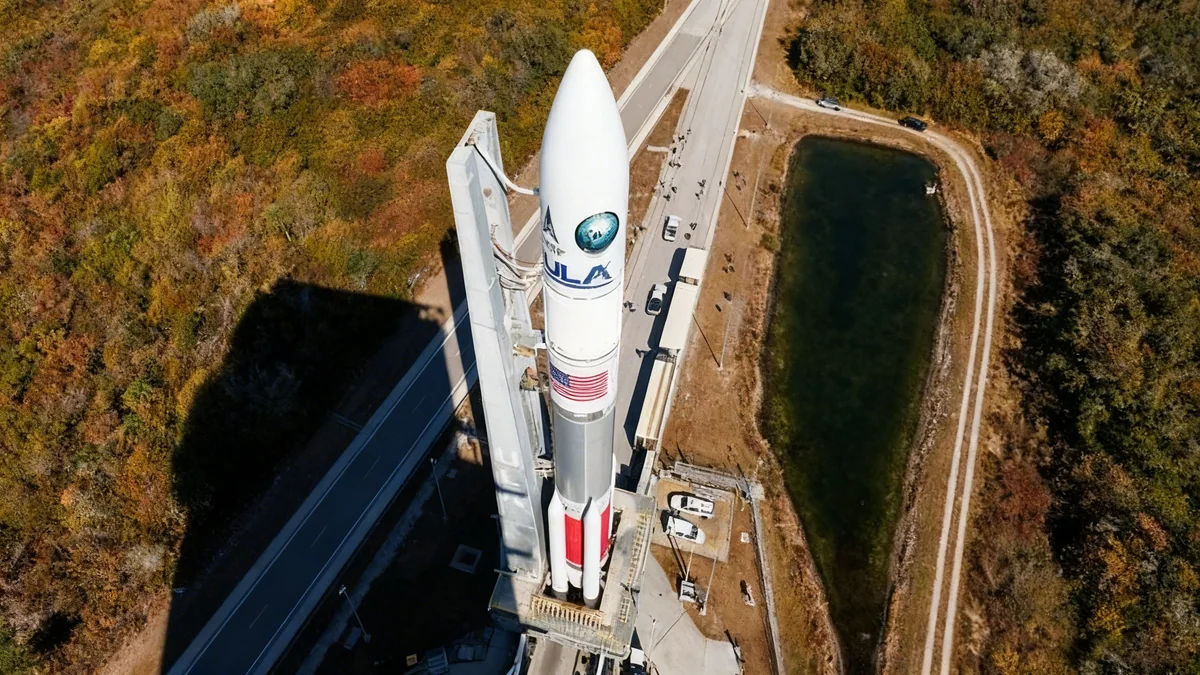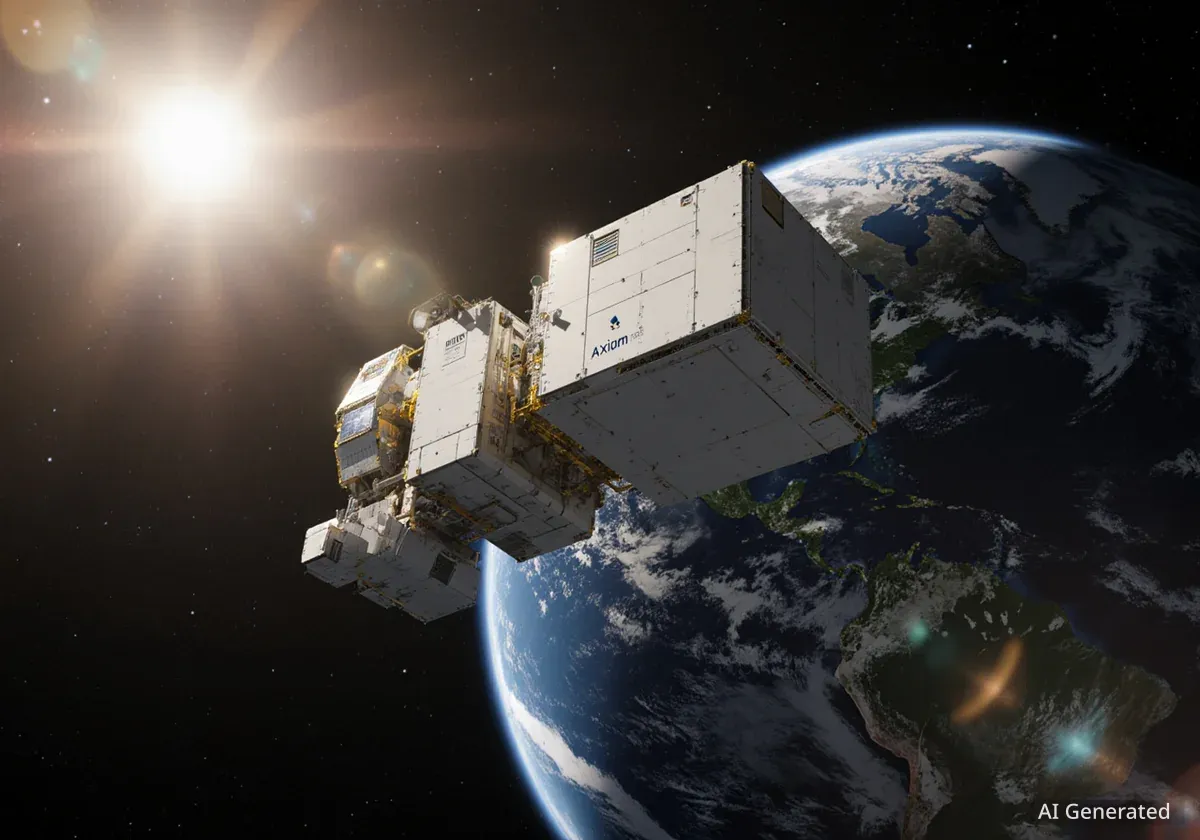A new book by Washington Post journalist Christian Davenport, titled "Rocket Dreams: Musk, Bezos and the Trillion-Dollar Space Race," provides an in-depth account of the intense rivalry between Elon Musk and Jeff Bezos. The book chronicles their competing efforts to dominate the modern space industry through their companies, SpaceX and Blue Origin.
Davenport, who has covered the space sector for years, draws on extensive access to detail the clashing personalities, business strategies, and technological ambitions that define this high-stakes competition. The narrative spans approximately 25 years, offering a look into the leadership styles and corporate cultures that have shaped the commercial spaceflight landscape.
Key Takeaways
- Christian Davenport's new book, "Rocket Dreams," explores the 25-year rivalry between Elon Musk's SpaceX and Jeff Bezos' Blue Origin.
- The book contrasts Musk's fast-paced, high-pressure approach with Bezos' methodical, long-term strategy for space exploration.
- It details the personal animosity and professional competition between the two billionaires as they vie for NASA contracts and industry dominance.
- The narrative also places their rivalry in the broader context of a new space race, with NASA leveraging private companies to compete with China.
- "Rocket Dreams" portrays both Musk and Bezos as demanding leaders with distinct, and often abrasive, management styles.
Two Billionaires, Two Philosophies
At the heart of "Rocket Dreams" is the fundamental difference in approach between Elon Musk and Jeff Bezos. Davenport details how these contrasting philosophies have directly influenced the trajectories of their respective companies, SpaceX and Blue Origin.
Musk's Aggressive Pace at SpaceX
Musk's strategy is characterized by what the book describes as a "frenetic" pace. SpaceX operates under a culture of immense pressure and long hours, relentlessly pushing engineering boundaries to achieve rapid innovation. This aggressive, fail-fast approach has led to significant milestones for SpaceX, including becoming the primary launch provider for NASA's crewed missions to the International Space Station.
However, this high-speed culture is not without its challenges. The book touches upon instances where Musk's public behavior, such as smoking marijuana on a podcast, caused concern among key partners like NASA, which relies on a more conservative and risk-averse culture.
Bezos' Methodical Approach at Blue Origin
In stark contrast, Jeff Bezos has instilled a more deliberate and long-term vision at Blue Origin. The company's official mascot is the tortoise, a symbol of its slow-and-steady philosophy. This is further reinforced by its motto, "Gradatim Ferociter," which translates to "step by step, ferociously."
"Our mascot is the tortoise. We paint one on our vehicles after each successful flight... We believe slow is smooth and smooth is fast. In the long run, deliberate and methodical wins the day, and you do things quickest by never skipping steps."
While this methodical process is designed to ensure safety and reliability, Davenport suggests it has resulted in Blue Origin lagging behind SpaceX in achieving major orbital milestones. The book also notes Bezos's limited direct involvement, reportedly spending only two afternoons a week at the company he has called his life's most important work.
A Tale of Two Companies
- SpaceX (Musk): Founded in 2002. Known for its rapid development cycles, reusable Falcon 9 rockets, and the Starship program.
- Blue Origin (Bezos): Founded in 2000. Known for its suborbital New Shepard rocket and the development of the heavy-lift New Glenn rocket.
A Personal and Professional Rivalry
"Rocket Dreams" goes beyond corporate strategy to explore the personal animosity between the two tech titans. The book documents a history of public jabs and private competition, particularly from Musk, who frequently uses social media to criticize Bezos and Blue Origin's progress.
Davenport writes, "There is perhaps no one Elon Musk likes taunting more than Jezz Bezos." The insults, as described in the book, range from "juvenile to vulgar to nerdy." Despite the public taunts, the book also reveals a layer of professional respect.
Towards the end of the book, Musk offers a candid assessment of his rival. He tells the author, "Jeff Bezos is an extremely competent, smart human being. And the more time he applies to Blue Origin, the better the company will be." This statement acknowledges Bezos's capability while subtly referencing his part-time commitment to the space venture.
The Battle for Government Contracts
A significant portion of the rivalry has played out in the public procurement space. Both SpaceX and Blue Origin have competed fiercely for lucrative NASA contracts, most notably for the Human Landing System (HLS) as part of the Artemis program, which aims to return humans to the Moon. SpaceX initially won the contract, leading to a formal protest from Blue Origin.
Demanding Leadership Styles
Neither billionaire is depicted as an easy leader to work for. Davenport portrays both as intense, abrasive, and exceptionally demanding. The book opens with an anecdote of Bezos being furious over a pitch document prepared for NASA.
"I get this angry twice in a year, and it’s always because of the decisions Blue Origin makes," Bezos is quoted as saying. This intensity is mirrored in the demanding work environments at both companies, where sharp critiques like "Are you lazy or just incompetent?" have been reported.
The Geopolitical Backdrop
The rivalry between Musk and Bezos does not exist in a vacuum. Davenport frames their competition within a larger geopolitical context: the strategic race between the United States and China for dominance in space.
NASA's increasing reliance on private companies like SpaceX and Blue Origin is presented as a strategic shift. By fostering a competitive commercial environment, the U.S. government aims to accelerate innovation and reduce costs, thereby strengthening its position against China's rapidly advancing state-funded space program.
The book highlights how political figures have sought to leverage this private-sector competition. For instance, former Speaker of the House Newt Gingrich advised the Trump administration to intentionally pit the two companies against each other.
"The entire world will watch in awe as American billionaires race back to the Moon in partnership with NASA, in a race created by President Trump," Gingrich wrote in a memo, effectively institutionalizing the Musk-Bezos conflict as a tool of national policy.
This dynamic transforms the personal and commercial battle into a proxy for national ambition, with the success or failure of these private ventures having significant implications for America's future in space. The book concludes that the sky is no longer just a field for scientific exploration but a modern battlefield for billionaires, with national pride and trillions of dollars at stake.
Book Information
- Title: Rocket Dreams: Musk, Bezos and the Trillion-Dollar Space Race
- Author: Christian Davenport
- Publisher: Blink Publishing
- Length: 384 pages





